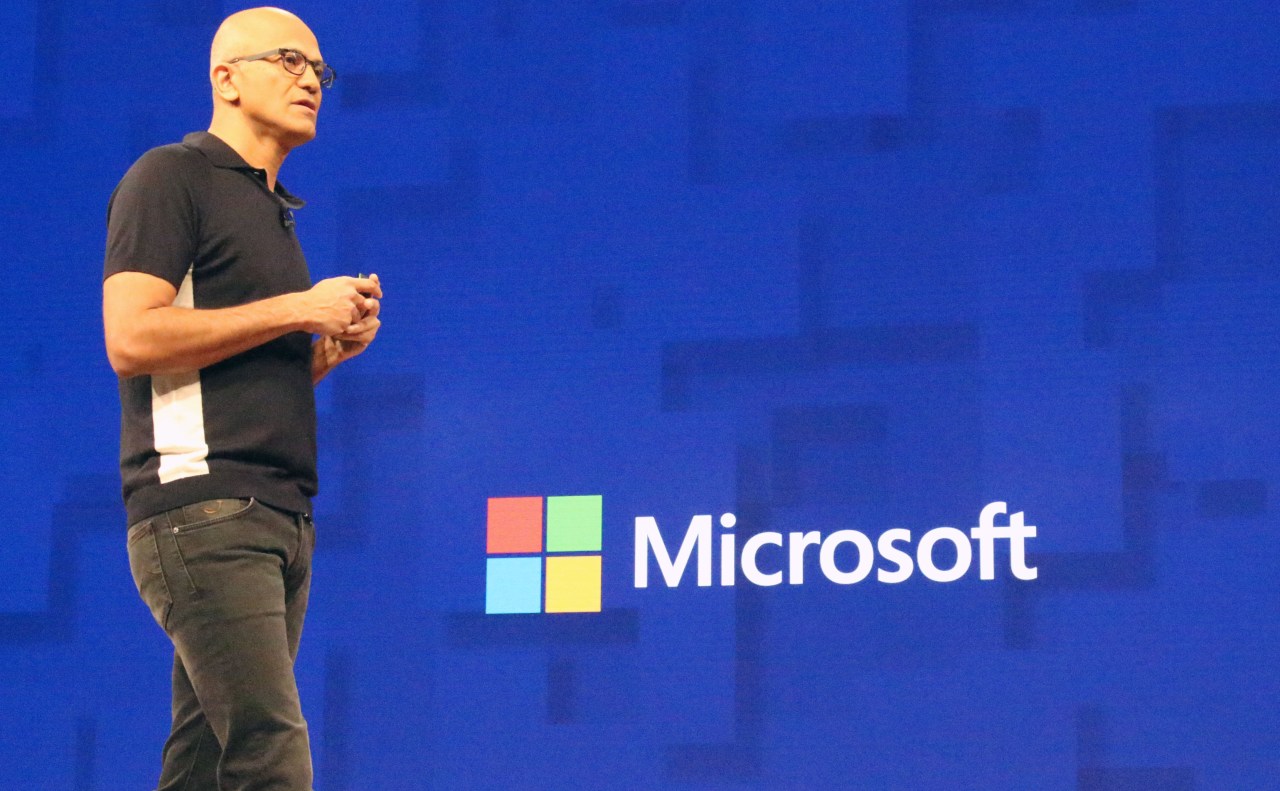In an era where technology continues to reshape industries, Microsoft has taken a giant leap forward with the launch of Project Bonsai, their innovative machine teaching service aimed at simplifying the development of autonomous systems. This development, which recently entered public preview at the Build developer conference, symbolizes a significant shift in how businesses can integrate artificial intelligence into their operations without requiring extensive knowledge in AI.
Understanding Project Bonsai
Project Bonsai is rooted in Microsoft’s 2018 acquisition of Bonsai, a pioneering company specializing in machine teaching techniques. What’s particularly exciting about this initiative is its emphasis on empowering subject-matter experts to infuse sophisticated intelligence into dynamic physical systems. This accessibility allows businesses across various sectors, from manufacturing to logistics, to harness the power of AI effectively.
The Powers of Machine Teaching
Machine teaching, as the name suggests, focuses on enabling experts to train autonomous systems with precision and intent. Unlike traditional machine learning methods, which often operate as a “black box,” machine teaching provides greater transparency, allowing engineers to debug and refine their systems more intuitively. Here are a few advantages of opting for machine teaching over conventional methods:
- Reduced Complexity: Developers can train models without delving deep into the complexities of AI algorithms.
- Enhanced Control: Experts can impart knowledge directly, ensuring that the autonomous systems operate according to their established standards.
- Faster Iteration: The debugging process becomes more straightforward, facilitating quicker adaptations to meet changing demands.
Introducing Project Moab
Alongside Project Bonsai, Microsoft unveiled Project Moab – a fascinating open-source initiative that revolves around a balancing robot. This engaging project not only serves as a practical application of control systems but also acts as a platform for learning and experimentation. The robot’s primary task is to balance a ball on a platform held by three arms, a simple yet profound task that illustrates the principles of robotics and control engineering.
Mark Hammond, the General Manager for Autonomous Systems at Microsoft, describes the intent behind Project Moab as a “playground” for engineers. It fosters exploration and learning, allowing users to experiment with robotics concepts that can later be applied to real-world challenges. The flexibility of being able to either 3D-print the robot or purchase it directly enhances accessibility for a wider audience, bridging the gap between theory and practice.
Looking Ahead: A Broader Vision
Project Bonsai and Project Moab are just the first steps toward a more expansive vision that Microsoft has for supporting autonomous systems development. The continuous evolution of these initiatives indicates Microsoft’s commitment to not only simplifying the technology behind AI but also to democratizing its access. As more businesses embrace these tools, we can expect to see innovations that enhance efficiency and productivity across industries.
Conclusion
Microsoft’s Project Bonsai is more than just a product launch; it marks a transformative moment in the AI landscape. By making complex machine teaching techniques accessible, Microsoft is paving the way for future advancements in autonomous systems. The incorporation of learning tools through projects like Moab provides engineers with the necessary resources to innovate and excel in their respective fields. As we look forward, the potential applications of these technologies are boundless, promising exciting advancements in how we understand and utilize artificial intelligence.
For more insights, updates, or to collaborate on AI development projects, stay connected with fxis.ai. At fxis.ai, we believe that such advancements are crucial for the future of AI, as they enable more comprehensive and effective solutions. Our team is continually exploring new methodologies to push the envelope in artificial intelligence, ensuring that our clients benefit from the latest technological innovations.

